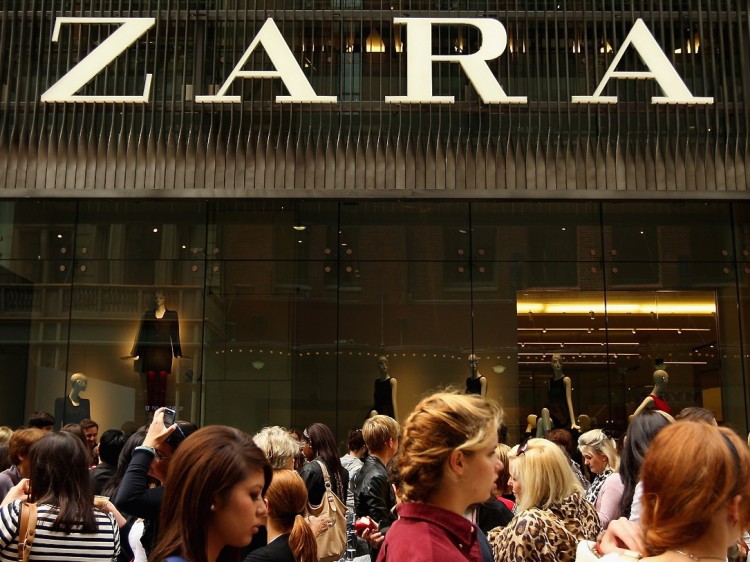Zara Subcontractor Accused of Sweatshop-Like Conditions
The Brazilian Ministry of Labor is investigating the Spain-based brand due to the discovery of a contractor in São Paulo employing predominantly Bolivian immigrants working under unsafe conditions.
|Updated:




